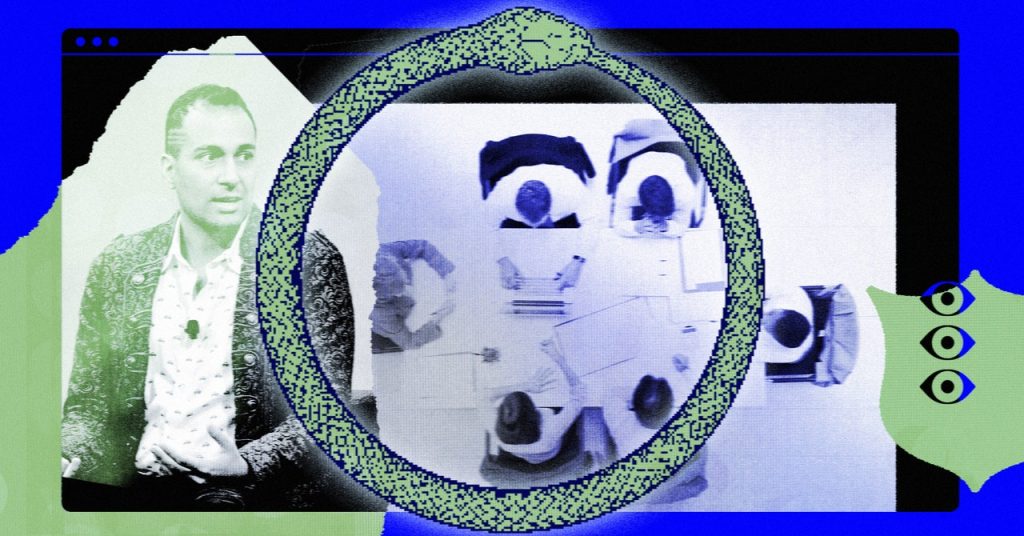Integrity Institute: A Rising Voice in Tech Accountability
Founding and Growth
In just a few years, the Integrity Institute, a think tank started by former Facebook employees, has become a significant player in highlighting the dangers of social platforms. The nonprofit was launched by Allen and others, sparking new government hearings in the US and beyond about social media issues. It joined a new wave of tech nonprofits dedicated to investigating problems on tech platforms.
Expanding Expertise
To extend its reach beyond its small team, the institute created an external network of two dozen founding experts for advice and research assistance. This network quickly grew to 450 members worldwide, becoming a hub for tech workers involved in content moderation and policy at companies like Meta and X. Members, who join for free after a screening process, gain access to a Slack community for discussions and job opportunities.
It became clear that the board and executive director weren’t going to take staff concerns seriously.
Rachel Fagen, former director of operations, Integrity Institute
Internal Tensions
In March last year, tensions rose when Massachi introduced an internal document on Slack titled “How We Work.” This document discouraged the use of terms like “solidarity,” “radical,” and “free market,” which he felt were partisan. He also advised against using the term BIPOC, viewing it as activist language. This approach mirrored workplace principles seen in other tech companies.
Cultural Challenges
Several members left the institute’s network, feeling it no longer protected the diversity of internet users. Similar issues have been reported in other tech nonprofits, where trust and safety workers face cultural problems despite the organizations’ focus on the common good.
Leadership Changes
As the Slack controversy subsided, Charles River completed its investigation into Massachi’s workplace behavior. Allen and the board decided it was best for Massachi to leave, leading to his resignation. “I’m moving on to both pursue important projects, and also take a deep breath and relax after the nonstop grind of startup life,” he wrote. His sudden departure surprised staff, members, and donors.
Future Plans
Despite the HR investigation, Massachi’s email mentioned he would stay close to the institute as part of its expert network. This decision raised questions among staff about the institute’s leadership. “Integrity requires us to be honest, not just take a victory lap,” a former staff member commented.
The institute is now working on expanding and diversifying its board and drafting new internal policies to facilitate difficult conversations. It is also developing a forum to give members a stronger voice, potentially preparing the organization for future challenges. There is hope that addressing these leadership and cultural issues will not hinder the institute’s goals but rather accelerate them. As Fagen, the former operations director, noted: The people who started this venture with Massachi are still driving it forward.
Additional reporting by Vittoria Elliott

6 Comments
Yikes! Did they really think changing tech culture would be easy?
Perhaps it was too optimistic to think tech culture would be so easily reformed!
Maybe they underestimated the tech industry’s resilience.
Tech culture is a tough beast; optimism can only get you so far!
OpineObserver: Reforming tech culture is like trying to herd cats, good luck with that.
Did they seriously think they could change tech culture, just like that?